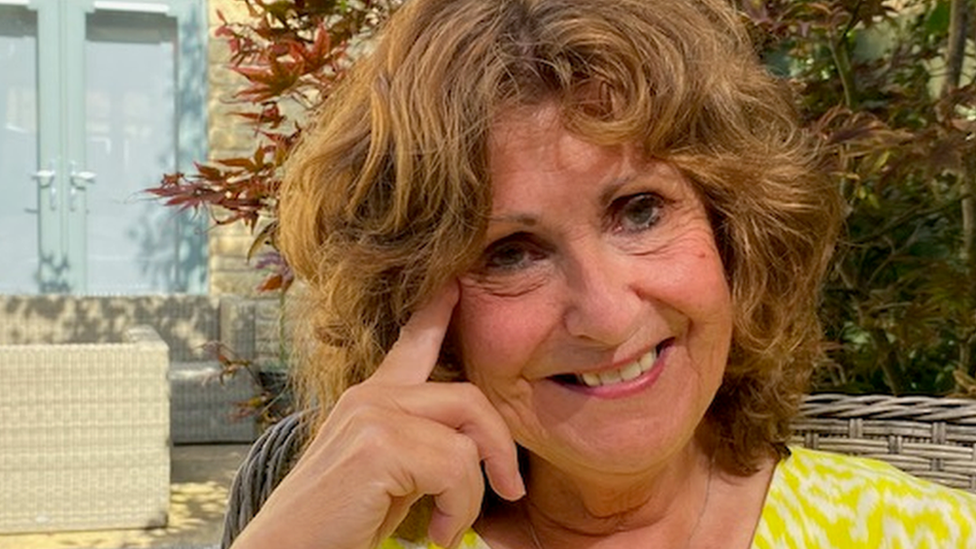Somerset womb cancer detection service launches
- Published
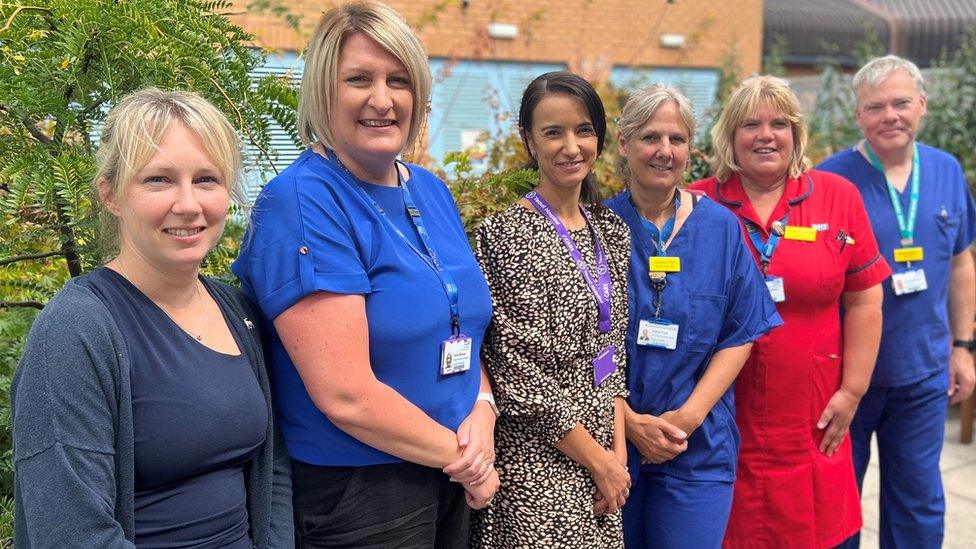
Post-menopausal women who display symptoms will be able to make a self-referral to see a practitioner instead of having to go to see their GP
A new service to make it easier to get checked for womb cancer has launched.
The service by Somerset NHS Foundation Trust will allow post-menopausal women, who are showing symptoms of the disease, to make a self-referral rather than having to contact their GP first.
The main symptoms of womb cancer include vaginal bleeding or unusual discharge after menopause.
David Milliken, who works at the trust, said "people will be able to get a diagnosis much earlier than before".
The consultant gynaecological oncologist added: "We are seeing a year-on-year increase in referrals to our gynaecology cancer services, for those who potentially have cancer - mainly those who're experiencing post-menopausal bleeding."
Self-referrals to the service can be done online or via phone, with follow-up appointments available at Yeovil District Hospital and the community hospitals in Bridgwater, Minehead, South Petherton, Wellington, West Mendip and Wincanton.
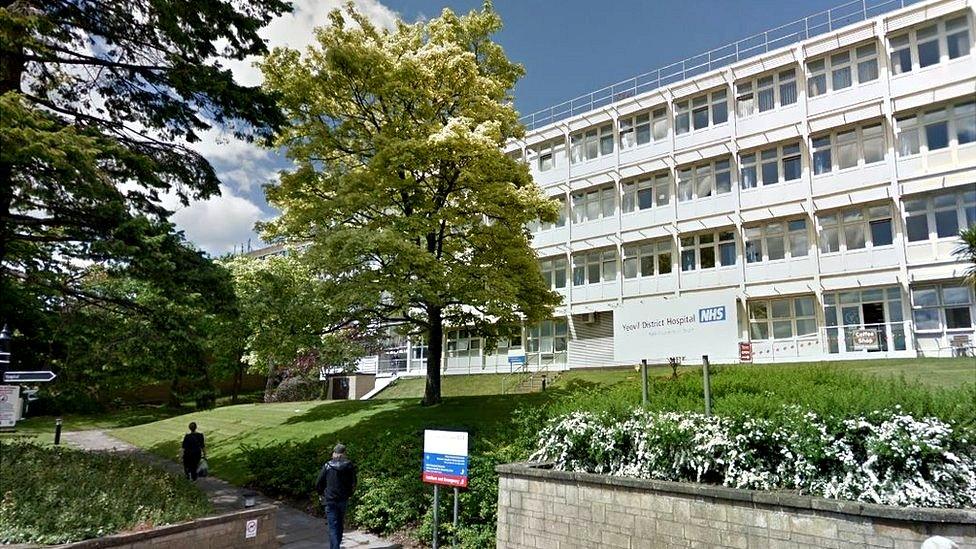
Patients will be seen at community and local hospitals including Yeovil District Hospital
He added: "We know our GP colleagues tend to refer their patients to our service if they have postmenopausal bleeding symptoms anyway, so by allowing patients to access our service direct via a self-referral, we can avoid any unnecessary delays and get them an appointment much more quickly."
He also said it would free up GP colleagues so they can see patients with other conditions.
Those who are not using contraception or hormone replacement therapy (HRT) and have not had a period for more than 12 months are classed as being post-menopausal.
One of the most common cancers that affects older women, womb cancer, also known as endometrial cancer, is normally treated with a hysterectomy and according to the trust, generally has positive clinical outcomes if found at an early stage.
Mr Milliken said: "More than nine out of every 10 women referred to our service will not have a cancer. We hope this service will help to reassure the majority of people more quickly and help identify those who do need further treatment sooner."

Follow BBC West on Facebook, external, X, external and Instagram, external. Send your story ideas to: bristol@bbc.co.uk , external
Related topics
- Published22 September 2023
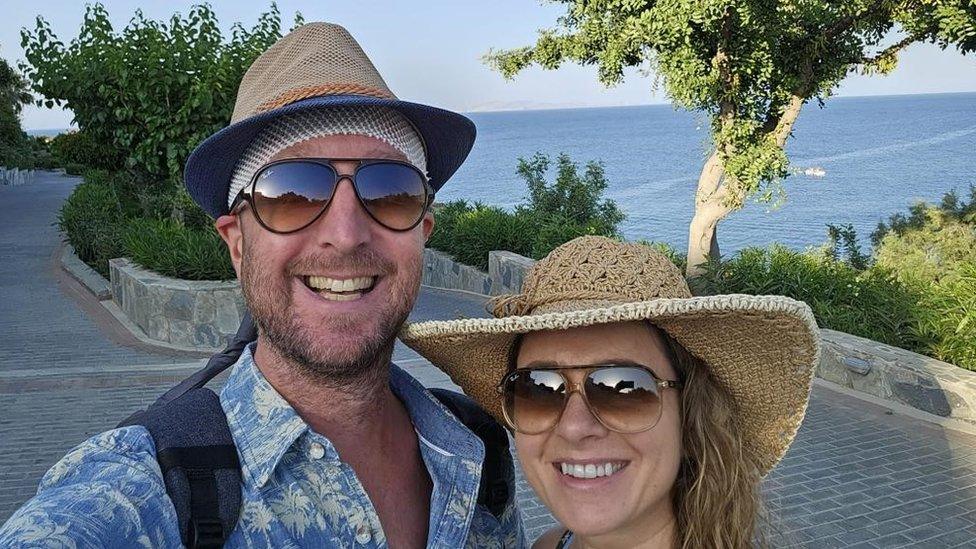
- Published21 September 2023
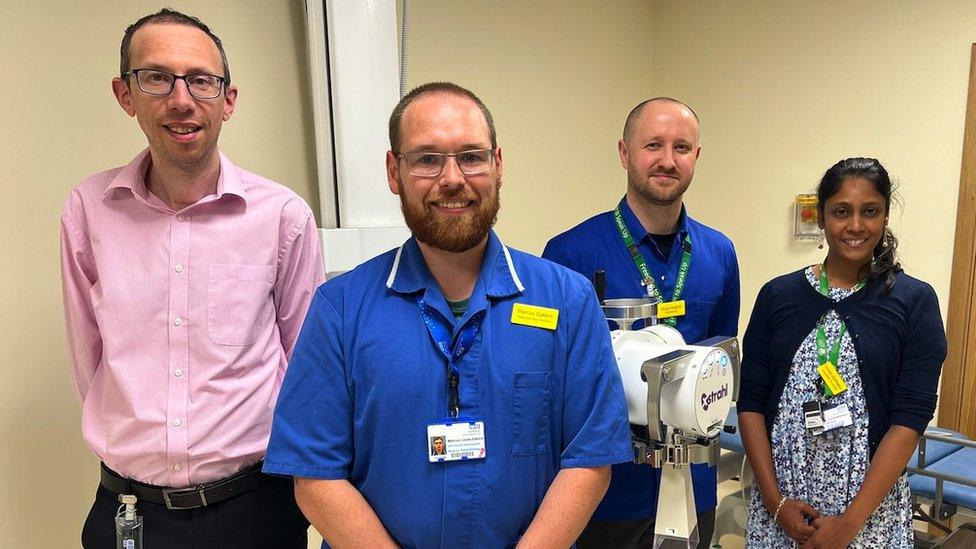
- Published6 September 2023
